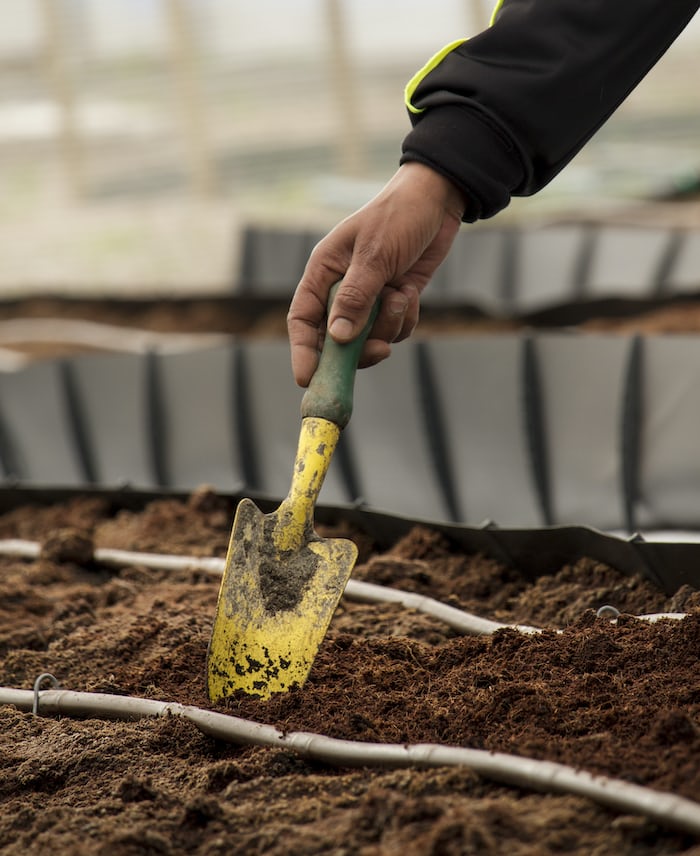Malawi is a landlocked country in southeastern Africa with fertile soil and a subtropical climate well-suited for agriculture. As over 80% of Malawians work in farming, with their livelihoods dependent on the seasonal rains, the agricultural sector is a mainstay of the economy.
However, due to climate change, the predictable rainy and dry seasons that farmers have relied on are becoming less consistent, which can significantly impact crop yields. Most smallholder farmers still use outdated practices and lack hyperlocal weather data to make informed decisions, putting their productivity and profits at risk.
To address this problem, IBM and nonprofit Heifer International collaborated to develop a digital tool called OpenHarvest. It aims to empower Malawi’s smallholder farmers through technology and community support.
The mobile app provides farmers with specialised recommendations based on visual field data, weather forecasts, and crop growth stages analysed using AI and climate modelling. Each participating farmer’s field is assigned GPS coordinates that trigger advice tailored to that specific location. The app also monitors soil nutrient levels to recommend optimal fertiliser application.
Previously, farmers only had access to generalised radio weather reports. Since most don’t own smartphones, OpenHarvest transmits personalised SMS messages with precise management tips generated from the app’s predictive models. This makes the information accessible and affordable. IBM consultants further assist farmers in utilising the technology and provide hands-on expert support to build trust.
Beyond climate risks, Malawian farmers have limited access to credit and markets due to poverty. The inability to purchase quality supplies like new seeds results in lower yields and income. Therefore, facilitating access to affordable capital is key to promoting resilient practices and catalysing change.
In the Mchinji district, the OpenHarvest pilot reached 200 users, benefiting approximately 1,000 people with an average Malawian family size. After this season’s harvest, most farmers saw increased yields, with some even doubling or tripling production over previous years.
The app incentivises adopting best practices through digital extension services while connecting farmers to financing and markets. Moving forward, OpenHarvest aims to improve smallholder farmers’ productivity and prosperity in Malawi through data-driven, climate-smart agriculture. Its success demonstrates the power of partnerships and technology to build agricultural resilience and food security.



